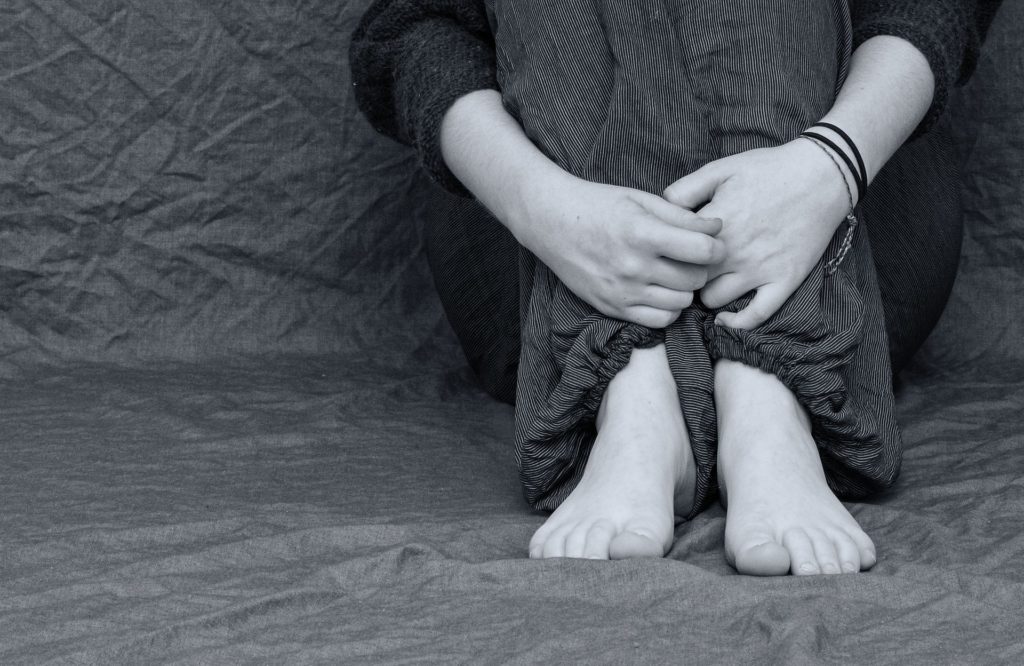5 Things to Know About Battling Postpartum Depression

Having a baby may be one of the most overwhelming events a woman experiences in her life. This time is filled with an influx of hormonal changes, not to mention an extreme disruption in the routine of daily life. Baby blues are completely normal, but when these blues reach extreme levels of anxiety, anger, irritability and despair, you may be battling postpartum depression (PPD).
Up to 20 percent of women experience PPD, but many feel ashamed and try to shove it aside. We want all new mothers to know that this is a medical condition, and there is help available. Here are just a few things you should know about PPD, as well as some tips for battling for varying levels of severity:
- You are not alone.
If there is one thing women need to know about PPD, it’s that they are not alone in their suffering. As previously mentioned, PPD affects about one in five new moms. It doesn’t matter if you have an extensive support system or are a single mother – PPD can impact anyone. Talk to your OBGYN if you are experiencing serious depression and anxiety following the birth of your child to discuss options.
- Find social outlets.
In the craziness of caring for a newborn, social interaction can seem like nothing more than a pipe dream. Isolation, however, only makes depression worse. Try to find some time here or there for one-on-one conversations with your partner, a coffee date with a girlfriend or phone call with your mom. Taking a break from baby talk is good for your mental health.
- Get moving.
Again, when are you supposed to find the time for exercising after having a baby? Try to set aside 10-15 minutes each day for a neighborhood walk or even some self-guided yoga. Getting moving will release natural endorphins and help you feel better about yourself overall.
- Don’t neglect basic self-care.
Attempting to bring a bit of normalcy back to your life is incredibly helpful in beating the blues. Just because your little one becomes your first priority, it doesn’t mean you should neglect showering, a healthy diet, sleeping and other self-care methods.
- Talk to your doctor about antidepressants.
If your PPD reaches severe levels, consider taking antidepressants. Some medications are safe to consume while breastfeeding and have minimal side effects. Talk to your doctor to find out what is safe and beneficial for you to use.
PPD is real but there is help available. Call Cheyenne OBGYN at 307-634-5216 to discuss your options today.


Leave a Reply